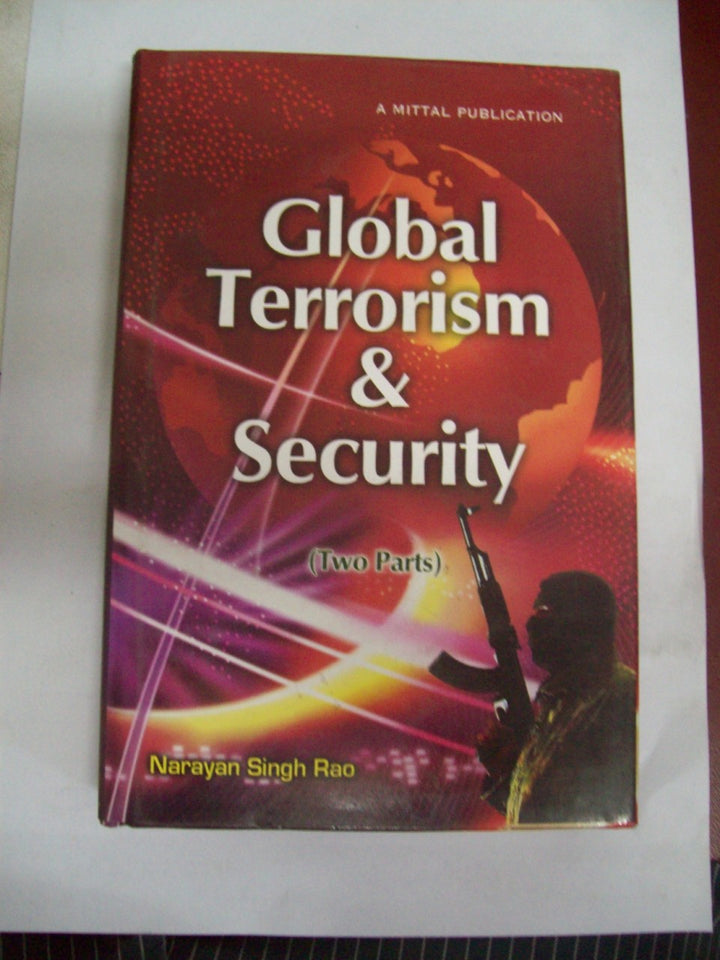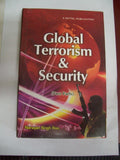Global Terrorism & Security (2 Parts)
Regular price
Rs. 2,100.00
Chanakaya, the great political thinker of ancient India, observed that safety and security of a country depends on the ability of the ruler. If the ruler is energetic, his subjects will be also energetic and if a king is lazy, his subjects will be lax. A lazy king is lazy, his subjects will lax. A lazy king may easily fall into the trap of his enemies and cause ruin of a country. He advocated that security of the country must be on top of the priorities of a ruler. A king should seek report on internal and external security from chiefs of armed forces and Intelligence Bureau twice in a day. But it is irony of fate that armed forces are remembered only when incidents like 26/11 occur. Throughout the period of history our rulers forgot the national security doctrine preached by Chankaya. Consequently, the area and size of Bharatvarsha gradually started shrinking. Partition of India in 1947 and occupation of a part of India by a hostile neighbor show the level of our seriousness on national security. We have not been able to tackle a handful of terrorists effectively. Low intensity conflict perpetuated by terrorists supported by foreign powers since 1947 is still going on in bordering states of India. The ever expanding menace of Naxalism, which has engulfed more than twenty two states of India, and the soft peddling by the Indian state, have consumed more lives than a full-fledged war with Pakistan and China. To discuss the challenges and threats posed by terrorists, Mewar Institute organized an International Seminar on the topic "Eliminating Terrorism: Towards Just and Secure India", on September 10, 2007. The present volume is based on the proceedings of this Seminar and papers contributed by the learned scholars. The book is divided into VI sections. Section-I gives an introduction to the problem by the editor of the book and speeches delivered by high dignitaries who were present at the inaugural/Valedictory functions. Section-II has five papers on the mindset of terrorism, causes, concepts and strategies to eliminate terrorism. Section III having eleven papers is devoted to the problem of religious fundamentalism and terrorism at Global level. Section IV of the book consisting of ten papers deals with Maritime terrorism, Urban terrorism, Naxalism and Maoist threat. Section V containing five papers deals with Terrorism in Jammu & Kashmir. Section VI includes ten papers on cross border terrorism, low intensity conflict, insurgency in North East India and strategies to eliminate foreign sponsored terrorism. A brief introduction of all the contributors is given at the end of this book.
Guaranteed Safe Checkout





